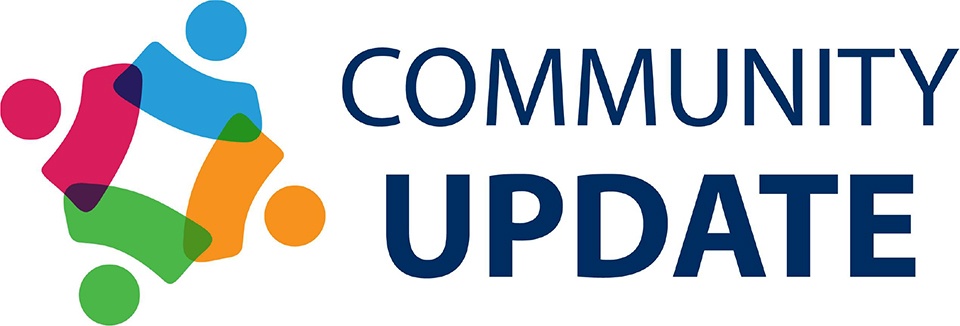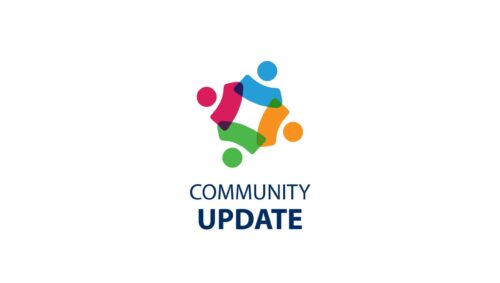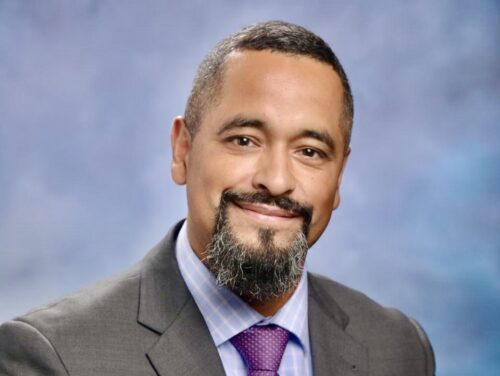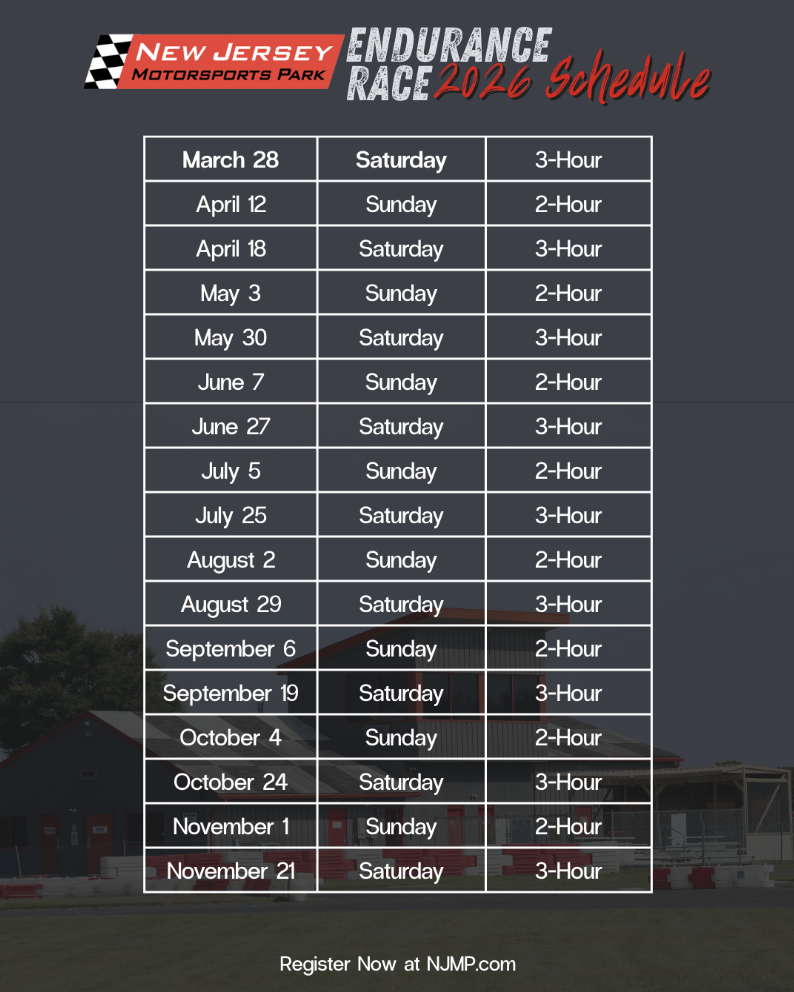Statewide Ongoing Effort to Aid Utility Customers Needing Financial Assistance

The New Jersey Board of Public Utilities (NJBPU) and the Department of Community Affairs (DCA) last week sponsored “Utility Assistance Week,” dedicated to increasing residents’ awareness of the various programs available to support those who have fallen behind on their utility bills and may be newly eligible for financial assistance.
NJBPU, DCA and the state’s regulated utilities have been amplifying promotion of their assistance and deferred payment programs to reach customers who may not be aware assistance for past-due utility bills is available.
“This unprecedented crisis in New Jersey has resulted in widespread loss of employment and diminished pay for many residents. As we officially observed Utility Assistance Week in New Jersey, Governor Murphy and I and our partners at NJBPU let people know that help is available,” said Lt. Governor Sheila Oliver, who serves as DCA Commissioner. “If you need help paying your energy bills or arrearages please do not wait until the moratorium on shut-offs is lifted—apply for help now.”
When COVID-19 struck, NJBPU and New Jersey’s regulated water, gas, and electric utility companies swiftly agreed to a voluntary moratorium on shut-offs to both residential and commercial customers during this unprecedented situation. Gov. Phil Murphy’s Executive Order No. 190 subsequently extended the moratorium until March 15, 2021 and then again until June 30, 2021 for residential gas, electric, and water utility customers, as well as internet service for households with school-aged children. With the moratorium expiring on June 30, it is critical that anyone with outstanding balances apply for utility assistance programs now to lower their balances and also contact their utility company to request a Deferred Payment Agreement (DPA). Utilities are offering payment arrangements for up to 24 months with no money down until June 30.
NJBPU and DCA have been working with the utilities to promote assistance and deferred payment programs for customers who have been struggling to pay their bills, but the total past due as of March 31, 2021 is still approximately $650 million.
Through Utility Assistance Week and ongoing, the collective aim is to ensure anyone behind on their bills knows about all of the different customer assistance programs:
Low Income Home Energy Assistance Program (LIHEAP) is a federal program that helps households at or below 200% of the Federal Poverty Level ($52,400 for a family of four) pay for:
• Heating costs (electric, gas, deliverable fuels, and those included in rent);
• Emergency grants to prevent service shut-offs;
• Energy debt forgiveness through the CARES Act; and
• Medically necessary cooling expenses in summertime.
Call 2-1-1 to reach the LIHEAP hotline 24/7 (translation service available). Go to njdca-housing.dynamics365portals.us/en-US/dcaid-services/ to apply online or to find a community-based organization. Self-screen for LIHEAP eligibility at nj.gov/dca/dcaid.
LIHEAP application can be used to also apply for the Universal Service Fund program. LIHEAP is administered by the Department of Community Affairs.
Universal Service Fund (USF) provides a monthly credit on electric and gas bills for households at or below 185% of the Federal Poverty Level ($48,470 for a family of four):
• USF covers energy costs over 3% or 6% of income (depending on heat source) up to a cap of $1,800 per year.
• Apply for USF with the LIHEAP application online, via e-mail, or through a community based organization.
• Customers are automatically screened into USF and LIHEAP from the Supplemental Nutrition Assistance Program (SNAP, formerly Food Stamps) and from the NJ Lifeline Utility Assistance Program.
Call 2-1-1 to reach the USF hotline 24/7 (translation service available). Go to njdca-housing.dynamics365portals.us/en-US/dcaid-services/ for more information or to apply online. Self-screen for USF eligibility at nj.gov/dca/dcaid. Information is also available on the NJBPU website at nj.gov/bpu.
Payment Assistance for Gas and Electric (PAGE) provides electric and/or gas grants of up to $700 to customers with overdue balances. Households from zero income up to the state median income are eligible (income up to $123,430 for a family of four):
• Households that are income-eligible for LIHEAP should apply for LIHEAP first before seeking additional aid from PAGE.
• Households must have an overdue balance of at least $100 and should not have $15,000 or more in liquid assets.
• PAGE grant can reduce balances, help restore service, pay for security deposits or reconnection fees.
Go to njpoweron.org to apply online or call toll free 732-982-8710. PAGE is administered for NJBPU by Affordable Housing Alliance of Neptune, New Jersey: www.housingall.org.
The Fresh Start program provides unlimited forgiveness of overdue electric and or gas bill balances for first-time USF participants:
• Fresh Start customers need to pay their current bills on time and in full each month for 12 consecutive months to earn full forgiveness on overdue balances.
• Customers with a past due balance of $60 are automatically enrolled into Fresh Start by their utility company if they are eligible.
• Fresh Start is administered by the utility companies – call your utility company at the number on your bill for more information.
Lifeline Utility Assistance Program provides an annual $225 grant for electric and gas costs to seniors and the disabled:
• The grant appears as a credit on a utility bill or is included in a recipient’s Supplemental Security Income check.
• Income limits are set at less than $28,769 for a single person or at $35,270 if married.
Apply with the NJSave application at aging.nj.gov or call the hotline at 1-800-792-9745. The program is administered by the Department of Human Services.
Residential customers in need can reach out to NJBPU’s Customer Assistance Hotline at 1-800-624-0241 from Monday to Friday, 9 a.m. to 4 p.m., or at nj.gov/bpu.









